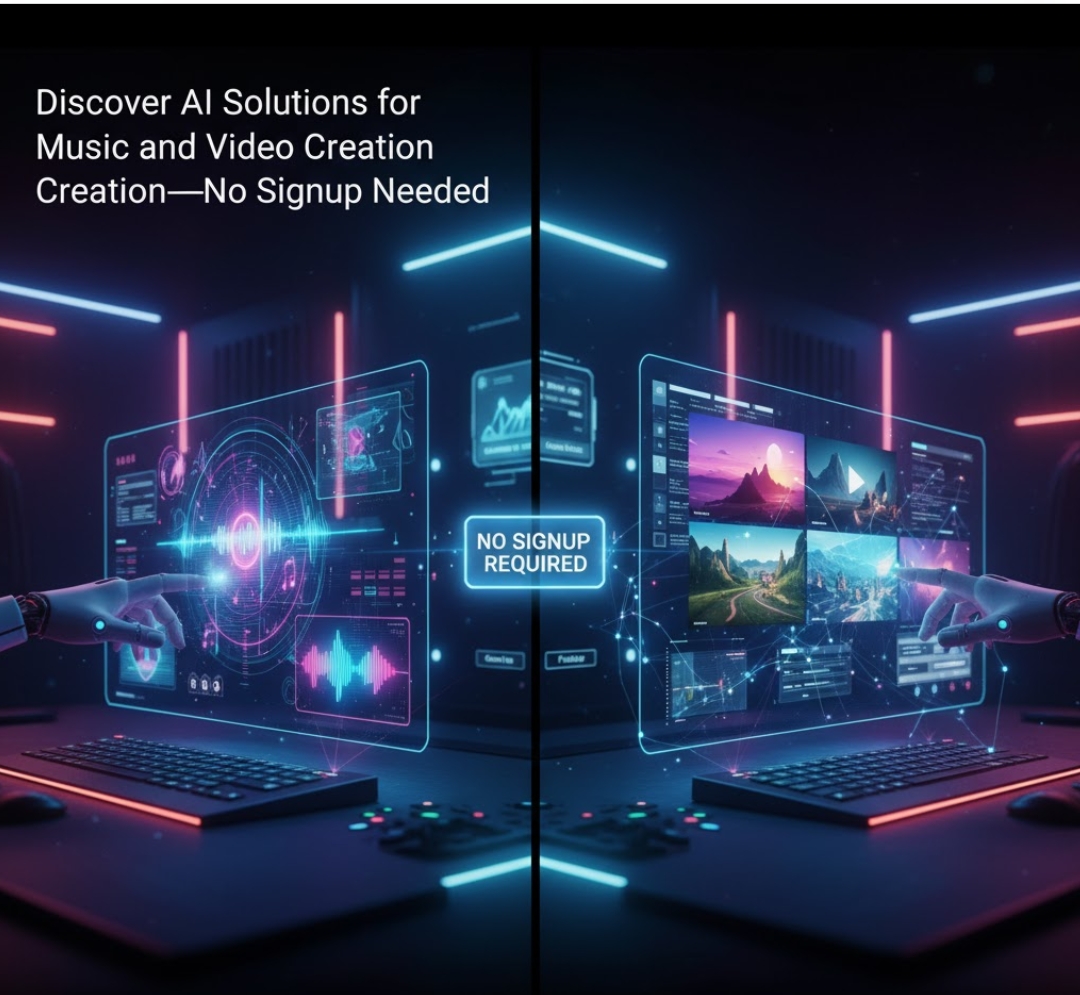In the dynamic world of live events, concerts, theater productions, and large-scale performances, lighting is a crucial element that can make or break the audience’s experience. The right lighting can enhance the atmosphere, create dramatic effects, and highlight key moments during a show. As lighting technology continues to evolve, the tools used by lighting designers and technicians must be equally advanced. One such tool is the GrandMA3 lighting console, which has become one of the most trusted and powerful systems for controlling lighting, video, and effects in the entertainment industry. As a result, the question arises: Do production companies require certified in GrandMA3?
What is the GrandMA3?
Before diving into whether certification is required, it’s essential to understand what GrandMA3 is and why it has become a standard in the industry. The GrandMA3 is the latest version of the GrandMA series of lighting consoles, developed by the German company MA Lighting. It is designed to provide an advanced, flexible, and scalable solution for controlling lighting and other media in complex productions.
With its powerful hardware and software capabilities, the GrandMA3 is used to control a wide variety of devices, from traditional stage lights to video walls and LED screens. It can handle everything from basic lighting cues to complex multimedia effects, making it the go-to console for large-scale events, concerts, theater productions, and more.
The GrandMA3 is known for its user-friendly interface, intuitive programming features, and compatibility with a wide range of lighting and video fixtures. However, despite its ease of use, the system is highly sophisticated and requires significant technical knowledge to operate effectively. This brings us to the importance of certification.
Why Do Production Companies Care About Certification?
The question of whether production companies require certified operators for GrandMA3 consoles is not simply a matter of preference but one of practicality and necessity. In the fast-paced environment of live events, having skilled, certified personnel is crucial for ensuring smooth operations, minimizing risks, and achieving the highest level of performance. Here are some key reasons why production companies might require their technicians to be certified in GrandMA3.
Expertise and Efficiency
One of the most obvious reasons why production companies seek certified GrandMA3 operators is expertise. The GrandMA3 is not a simple lighting console; it is a powerful tool capable of managing complex lighting schemes and multimedia elements. Operating the console requires a deep understanding of its features, such as its advanced programming capabilities, real-time control of fixtures, and integration with other media systems.
Certification ensures that operators have the necessary training to use the GrandMA3 to its fullest potential. A certified operator is more likely to understand the console’s advanced features, troubleshoot problems quickly, and optimize the system to meet the specific needs of a production. In a live performance setting, time is of the essence, and any technical glitches or delays can have a significant impact on the overall experience. Certified operators can respond quickly to issues, ensuring the production runs smoothly.
Industry Standards and Professionalism
In many professional environments, certification has become an industry standard. As the entertainment industry grows, production companies are expected to deliver high-quality, seamless events. Whether it’s a large-scale concert, a theater production, or a corporate event, the need for skilled technicians is greater than ever. Certification in GrandMA3 is often seen as a way to ensure that operators have met a recognized standard of proficiency and knowledge.
For production companies, having certified operators on staff can be a point of pride. It demonstrates a commitment to professionalism and quality, which can be a significant selling point when bidding on projects. Clients often want to know that the technicians handling the lighting and media systems are trained and capable of delivering the best possible results.
Risk Mitigation and Liability
Live events come with a certain level of risk, particularly when dealing with complex lighting setups and multimedia systems. A mistake during a performance, such as a lighting malfunction or technical failure, can lead to not only logistical headaches but also financial and reputational damage. To mitigate these risks, production companies often prefer to hire certified operators who have been trained to handle the intricate functions of the GrandMA3 console.
Certification reduces the likelihood of errors and accidents by ensuring that operators have the knowledge and experience needed to safely and effectively manage the system. Additionally, some insurance companies may require technicians to be certified in specific systems, including the GrandMA3, in order for the production company to be covered in case of an incident. Certification can therefore provide peace of mind to both the production company and their clients, ensuring that all necessary precautions have been taken.
Competitive Advantage and Career Advancement
In a competitive industry like entertainment and live events, standing out from the crowd is essential. For technicians, becoming certified in GrandMA3 can provide a competitive edge when seeking employment or contracting opportunities. Certification is a tangible way to demonstrate expertise and dedication to the craft, and it can open doors to higher-paying and more prestigious jobs.
For production companies, having a team of certified GrandMA3 operators gives them an advantage when bidding for projects. Clients often want assurance that the technicians handling their production are highly skilled and can manage the complex demands of modern lighting and multimedia systems. By employing certified staff, production companies can attract high-profile clients and secure more lucrative contracts.
The Certification Process for GrandMA3
To become certified in GrandMA3, operators must undergo formal training and pass a certification exam. The certification process typically involves a combination of classroom instruction, hands-on training, and practical assessments. The goal is to provide a comprehensive understanding of the GrandMA3 console, its features, and how to use it in real-world scenarios.
MA Lighting, the maker of the GrandMA3, offers official training courses through certified partners around the world. These courses are designed to teach participants everything from basic operation to advanced programming techniques. They are often divided into levels, with basic courses covering the fundamentals of the system and advanced courses focusing on more complex tasks like automation, integration, and troubleshooting.
Once the training is complete, candidates must pass an exam to become officially certified. The exam typically tests the operator’s knowledge of the GrandMA3 system, including its functions, capabilities, and troubleshooting techniques. Certification is typically valid for a certain period, after which operators may need to undergo recertification or continue their education to stay up-to-date with new features and updates to the system.
Read also: Nelonium: The Next Frontier in Technological Innovation and Industry Transformation
Conclusion
In conclusion, do production companies require certified in GrandMA3? While it is not always a strict requirement, the benefits of having certified operators on staff are clear. Certification ensures that technicians have the necessary expertise to handle the complex demands of modern lighting and multimedia systems, reduces the risk of technical failures, and demonstrates a commitment to professionalism and industry standards.
For production companies, hiring certified GrandMA3 operators can improve efficiency, enhance the quality of the production, and provide peace of mind when managing large-scale events. For technicians, becoming certified can open doors to better career opportunities and offer a competitive edge in a crowded job market.
Ultimately, as the entertainment industry continues to demand more sophisticated and high-quality productions, certification in GrandMA3 will likely become an increasingly important requirement for both individuals and companies aiming to stay ahead of the curve.


